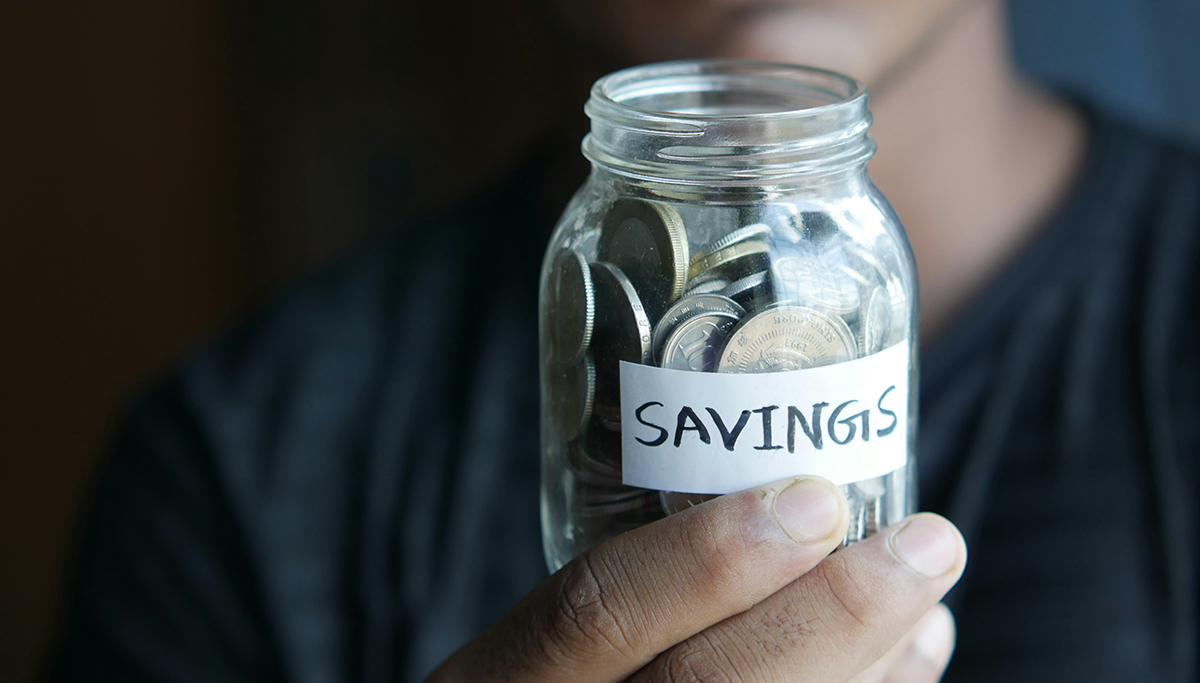Being a Guarantor

14th Mar 2025
Guarantor loans and mortgages are alternative options for people who may have difficulty getting approved by lenders, such as a young person with little credit history or someone with a poor credit record. While they can be helpful, these types of loans come with risks for both the borrower and the guarantor. Before entering into a guarantor agreement, it's important to fully understand the potential consequences.
Being a guarantor means you are agreeing to take responsibility for someone else’s loan or mortgage. If the borrower can’t make their repayments, you “guarantee” to pay it for them. It's wise to only to agree to act as a guarantor for someone you trust and know well, such as a family member. Parents often act as guarantors for their adult children to help them get their first mortgage, or when renting property as students or young professionals with a lack or credit history to make decisions on.
Who Can Be a Guarantor?
Anyone who meets certain criteria can be a guarantor. While it’s often parents or other close family member, it could also be a friend or more distant relative. To be eligible, you typically need to be over 21, have a good credit history, and can demonstrate both financial stability and that you have enough money coming in to be able to meet your own mortgage or rent payments, and any payments you are acting as guarantor for.
It’s important to be fully aware of the financial risks involved. If the borrower defaults on the loan, you will be legally responsible for repaying it. This can put a strain on your finances and possibly affect your relationship with the borrower, so it’s crucial to carefully consider whether you’re able to take on this commitment.
Will I Have to Be a Guarantor for the Whole Credit Term?
Not necessarily. Once the borrower builds enough equity, most arrangements allow them to remortgage and remove you as the guarantor. Obviously, this will depend on how quickly house prices go up, and how quickly they pay off their mortgage. For a shorter-term agreement such as a personal loan for two to three years, you are likely to be expected to remain as guarantor for the duration of the loan.
Guarantors And Your Own Credit Rating
The lender will conduct a credit check on any guarantor before agreeing to the loan, but this is usually a "soft" check, which won’t impact your score. If the borrower keeps up with their repayments, your credit score remains unaffected. However, if you start to cover any payments or the loan defaults, this will appear on your credit report and could damage your score. Being a guarantor can also create a financial association between you and the borrower, which could affect your ability to apply for credit in the future.
Being a guarantor for someone else’s loan can also affect your ability to secure a mortgage. Lenders will consider all financial obligations when deciding on your mortgage application, including any responsibility you might have for another person’s debt.
